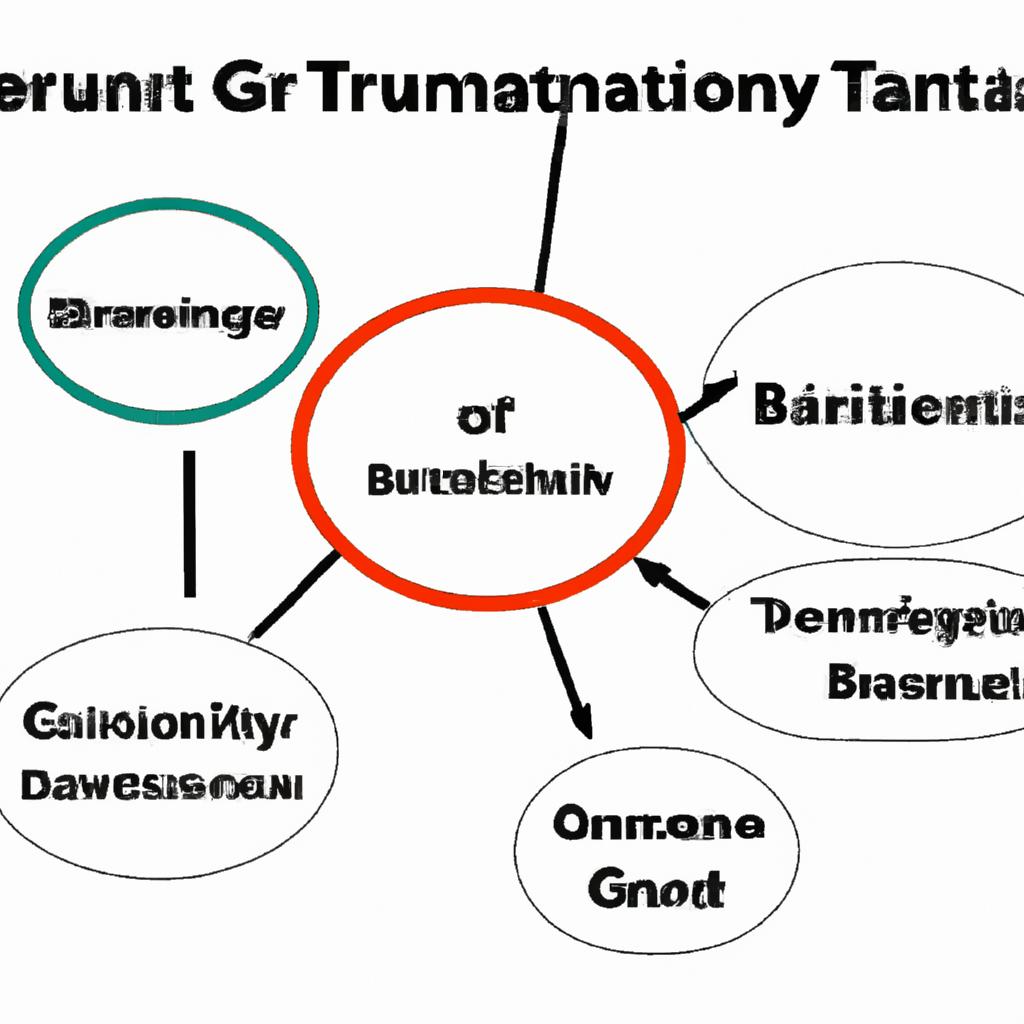In the intricate world of estate planning, the question of whether a grantor can also be a beneficiary is a common concern that often arises. Delving into this complex issue requires a nuanced understanding of the legal principles that govern the creation and operation of trusts. At Morgan Legal Group, located in the heart of New York City, our team of experienced lawyers specializes in navigating the intricacies of estate planning, probate, elder law, wills, and trusts. Join us as we explore the nuances of this important topic and shed light on the intersecting roles of grantors and beneficiaries in the realm of trust law.
Grantor Beneficiary Relationship in Trusts: Exploring the Possibilities
When it comes to the intricate world of trusts, the relationship between the grantor and beneficiary is a key component that must be carefully considered. One common question that arises is whether a grantor can also be a beneficiary of the trust they establish. The answer to this question is not a simple yes or no, as there are various factors that come into play.
It is possible for a grantor to be a beneficiary of a trust, but there are certain implications and limitations that must be taken into account. Here are some key points to consider:
- Conflicts of Interest: If a grantor is also a beneficiary, there is a potential for conflicts of interest to arise. This can impact the overall effectiveness and integrity of the trust.
- Control of Assets: Being both a grantor and beneficiary may give the individual greater control over the assets within the trust, which can have consequences for distribution and management.

Legal Implications of Grantors Naming Themselves as Beneficiaries
In the world of estate planning, grantors often name themselves as beneficiaries in various legal documents such as trusts, life insurance policies, and retirement accounts. While this practice is not uncommon, it does come with certain legal implications that grantors need to be aware of.
One important consideration is the potential conflict of interest that may arise when a grantor names themselves as a beneficiary. This could raise questions about the grantor’s true intentions and may lead to disputes among heirs and other beneficiaries. Additionally, there may be tax implications to consider when a grantor is also a beneficiary, as it could impact the distribution of assets and the overall estate plan. It is crucial for grantors to seek legal advice from experienced estate planning attorneys to ensure that their wishes are clearly outlined and legally sound.

Considerations for Grantors Acting as Beneficiaries in Estate Planning
When considering the role of a grantor acting as a beneficiary in estate planning, there are several important factors to keep in mind. First and foremost, it is essential to understand that a grantor can indeed be named as a beneficiary in their own estate planning documents. This unique situation can present both benefits and challenges that must be carefully navigated.
One key consideration for grantors acting as beneficiaries is the potential for conflicts of interest. It is important to clearly delineate the roles and responsibilities of the grantor and beneficiary to avoid any potential misunderstandings or disputes. Additionally, grantors must ensure that their estate planning documents are clear and legally sound to protect their wishes and assets. Consulting with an experienced estate planning attorney, such as Morgan Legal Group in New York City, can help grantors navigate this complex situation and ensure that their estate planning goals are met.

Best Practices for Grantors Who Wish to Also Be Beneficiaries
It is not uncommon for grantors to also wish to be beneficiaries of the trusts they establish. While this arrangement can have its benefits, it is important for grantors to follow best practices to ensure that their dual role does not create any potential legal complications.
First and foremost, grantors who wish to also be beneficiaries should clearly outline their wishes in the trust document. This includes specifying the terms of their beneficiary status, such as the distribution schedule and any conditions that must be met. Additionally, grantors should consider appointing a neutral third-party trustee to oversee the administration of the trust and ensure that all beneficiaries, including themselves, are treated fairly. By taking these proactive steps, grantors can help avoid any conflicts of interest and maintain the integrity of their estate plan.
Q&A
Q: Can a grantor also be a beneficiary of a trust?
A: Yes, a grantor can also be a beneficiary of a trust they establish. This means they can both create the trust as the grantor and also benefit from it as a beneficiary.
Q: What are the implications of a grantor being a beneficiary?
A: If a grantor is also a beneficiary of a trust, they may still have control over the management and distribution of trust assets. However, they may need to act in the best interest of the other beneficiaries to avoid any conflicts of interest.
Q: What are some reasons why a grantor would choose to be a beneficiary of their own trust?
A: A grantor may choose to be a beneficiary in order to ensure their own financial security in the future, or to benefit from the assets they have set aside for themselves and their loved ones.
Q: Are there any limitations to a grantor being a beneficiary?
A: While a grantor can be a beneficiary of their own trust, they may need to be mindful of any restrictions set forth in the trust agreement. They should also ensure that their actions as a beneficiary do not undermine the overall purpose of the trust.
In Retrospect
As we’ve explored in this article, the complex relationship between a grantor and a beneficiary can raise important questions and considerations in trust and estate planning. It is essential to carefully examine the implications of granting beneficiary status to the grantor, ensuring that all legal, financial, and personal interests are adequately protected. By seeking professional advice and guidance, individuals can navigate these complexities with confidence and clarity. Overall, understanding the intricate dynamics between grantors and beneficiaries is crucial in achieving sound and effective estate planning strategies.

